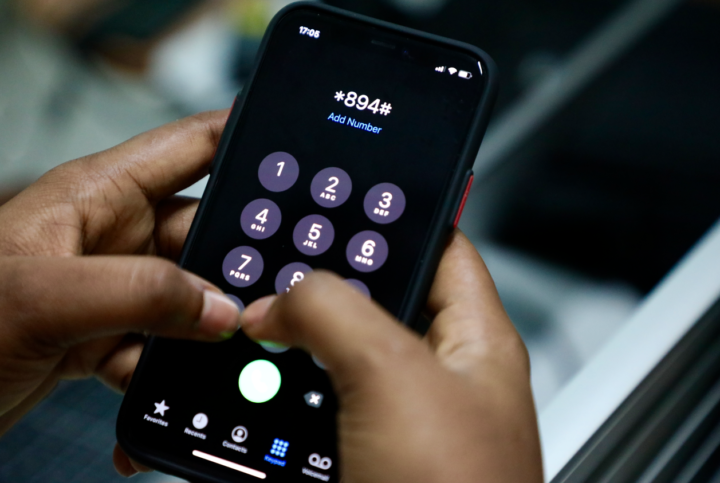According to the Central Bank of Nigeria’s statistics on electronic payments, 252.06 million transactions totalling N2.19 trillion were made using Unstructured Supplementary Service Data (USSD) codes between January and June 2024.
Compared to the full-year figures for 2023, which revealed that 630.6 million transactions totalling N4.84 trillion were made using USSD codes, this represents a noteworthy milestone. 45.3 percent of the entire value of USSD transactions in 2023 and 40 percent of the overall transaction volume for the same year are represented by the N2.19 trillion recorded in the first half of 2024.
Read also: Paratus Botswana’s new fibre project to connect Southern African countries
USSD codes provide financial inclusion for rural communities
Given that it doesn’t require an Internet connection, the USSD service, which was first created by telecom firms to offer airtime and subscription services, has gained widespread use in the banking industry.
Nigeria’s financial inclusion policy still heavily relies on USSD codes, which provide a way for people with slow Internet connection to perform quick and easy transactions.
In rural places, where internet connectivity is still erratic, this is particularly crucial.
USSD N250 billion debt owed by banks to telcos
Over N250 billion in debt, a controversial issue for the past six years, has threatened this type of transaction.
Despite previous interventions by former CBN chief,Godwin Emefiele, and former communications minister Isa Pantami, no long-term solution has been found.
In the past six years, banks have been making money off of USSD services without meeting their payment requirements, according to Gbenga Adebayo, the chairman of the Association of Licensed Telecommunications Operators of Nigeria.
The media revealed last month that smaller banks were starting to pay off their debts, while telecom providers in Nigeria were making some headway in recouping the N250 billion owed for Unstructured Supplementary Service Data services.
The majority of the debt’s tier-one lenders, however, have not yet made any sizable payments.
The ALTON chairman revealed at the time that although some repayments have been documented, they do not meet expectations.
Read also: Uganda launches fifth phase of National Data Transmission Backbone Infrastructure
Other financial transaction options: ATM, POS
Other electronic payment mechanisms have also experienced significant development, even if USSD continues to be a dominating channel despite current difficulties.
In the first half of 2024, 496.44 million transactions of N12.21 trillion were made by Automated Teller Machines, demonstrating the impressive volume of these transactions.
Another important indicator of the nation’s continuous transition to cashless payments is Point-of-Sale transactions.















